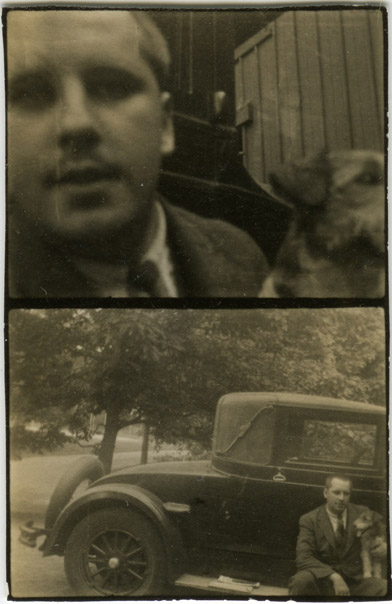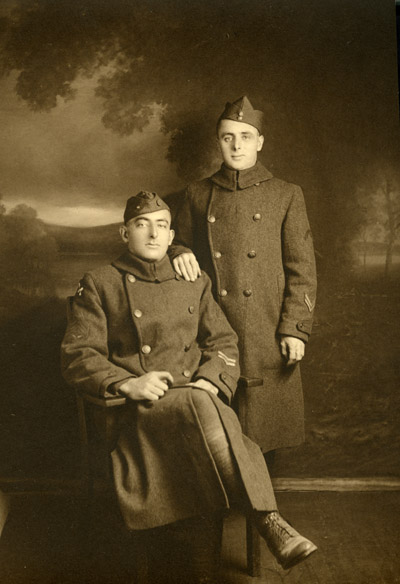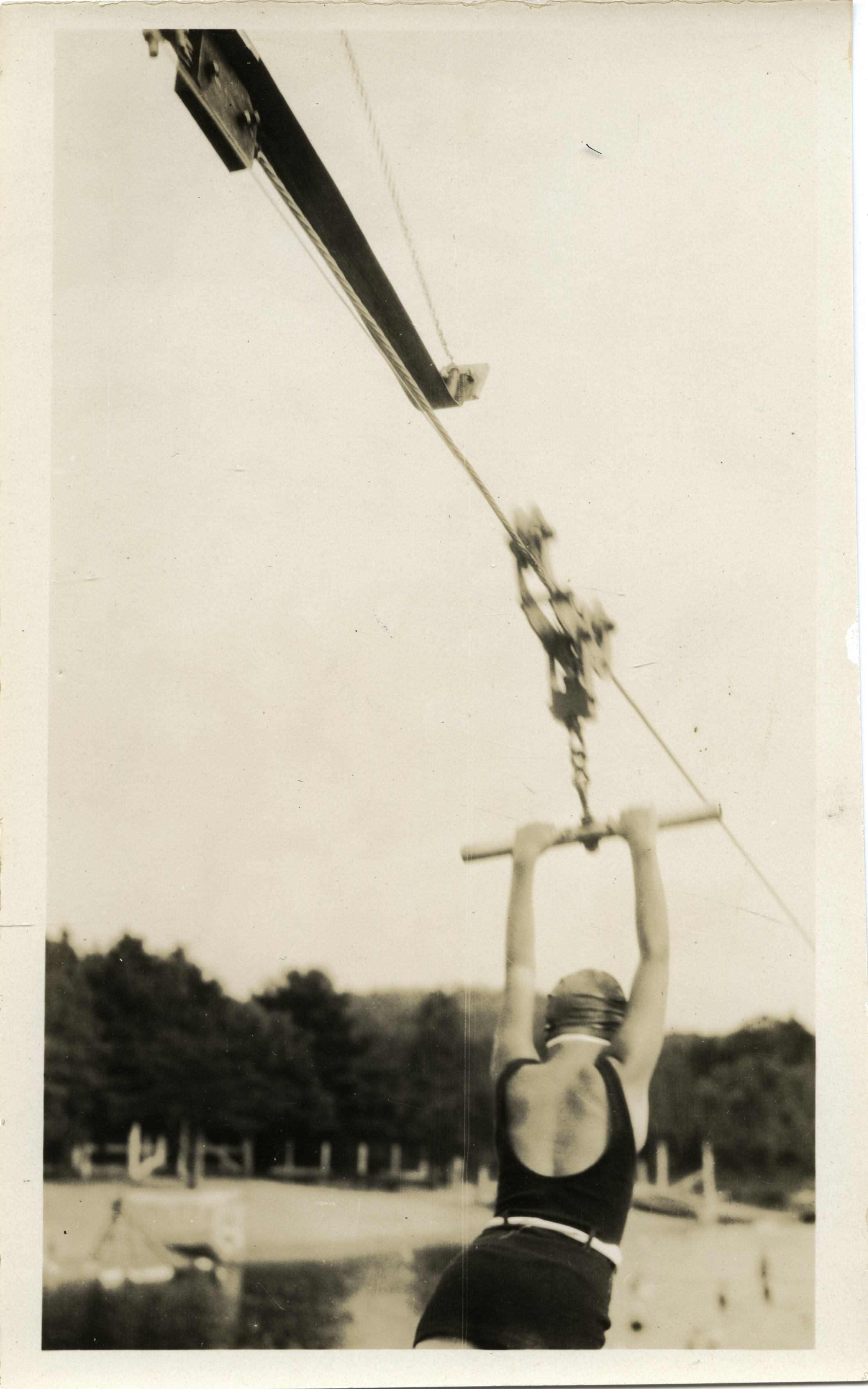Louis Pictou Mi'kmaq Manuscript
The Pictou family were prominent members of the Bear River Band of the Mi’kmaq nation in Nova Scotia during the nineteenth and early twentieth centuries. Notably, Chief Benjamin Pictou (1830-1931) lived for over a century, witnessing the evolution of the Mi’kmaq economy from hunting, fishing, and trapping to include guiding and attempts at agriculture, and was listed by the anthropologist Frank G. Speck in 1922 as having a hunting allocation near Sporting Lake, southwest of the Bear River.
An extensive, unidentified manuscript written in Mi’kmaq (Micmac) language, using the “hieroglyphic” (pictographic) writing system. At one time, the manuscript was apparently in the possession of Louis Pictou, an “Indian guide” on the Bear River, who stating that the manuscript was written by his “ancestors.”




